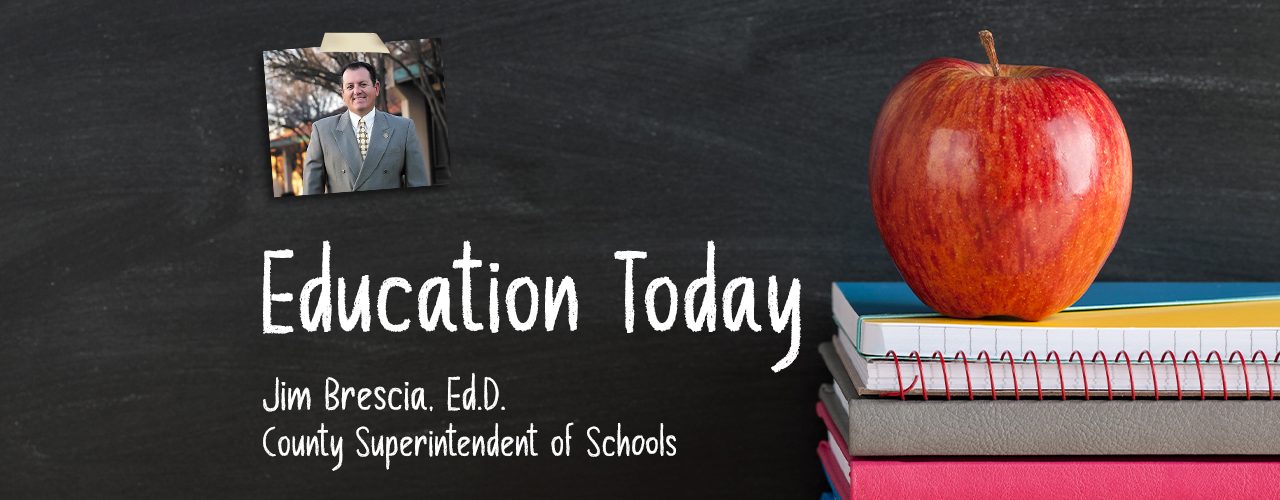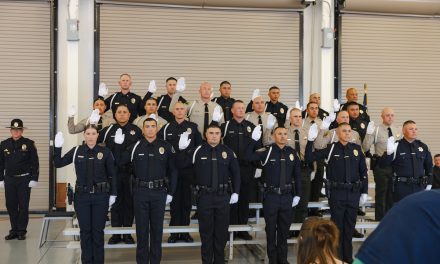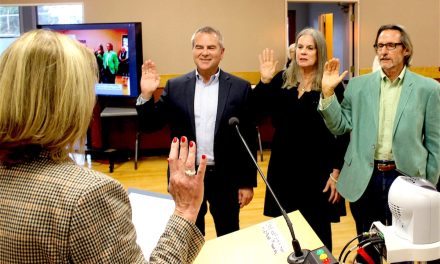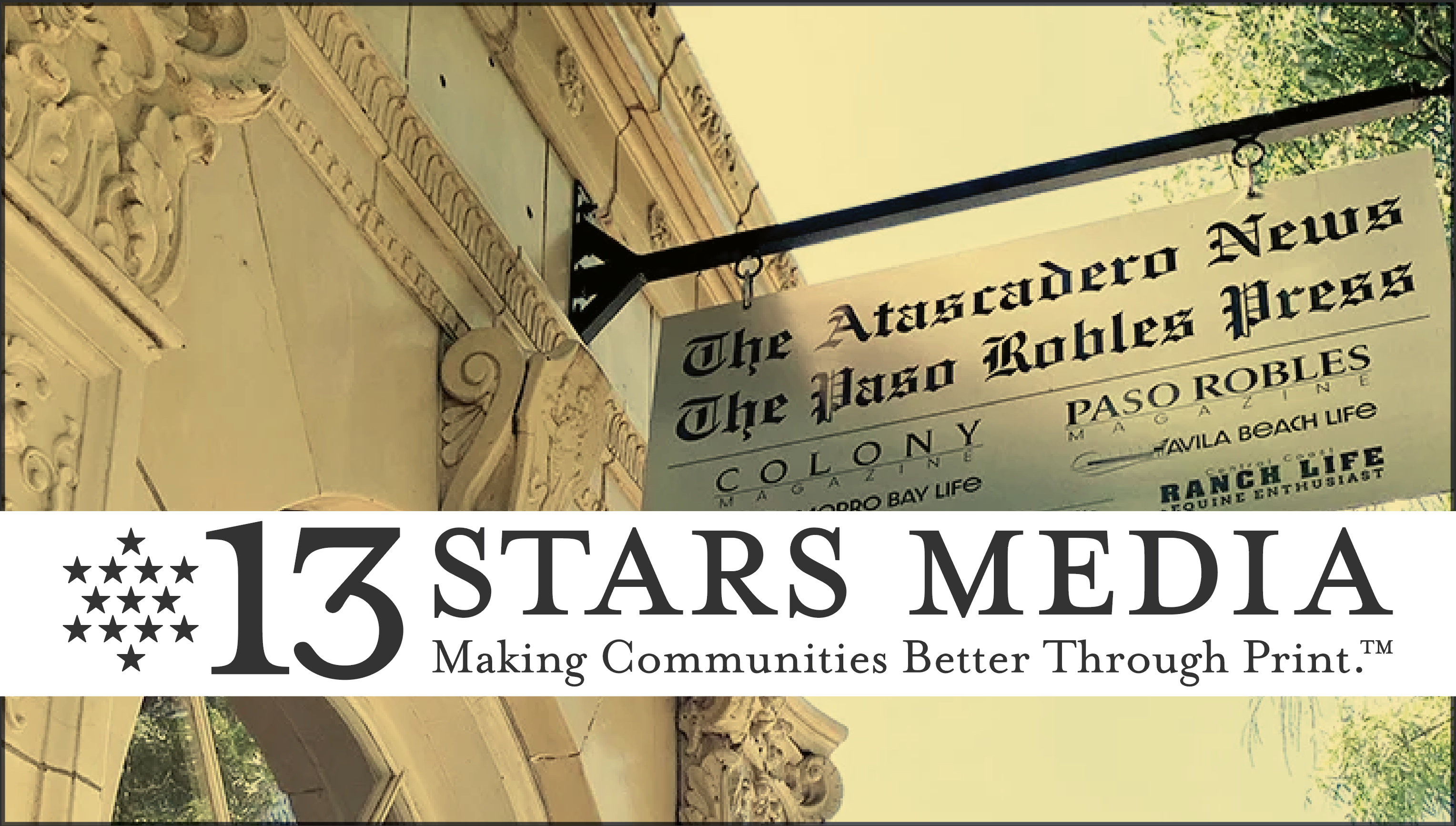Civility in public service means fostering respect, constructive dialogue, and collaborative problem-solving, especially when disagreements happen. While differences of opinion are necessary in governance and politics, how we express these disagreements is crucial to our democracy. Civility involves treating others with courtesy, valuing diverse viewpoints, listening attentively, focusing on issues rather than personalities, and demonstrating respectful behavior to create a more united and productive environment for both officials and the public. As an elected official, I aim to model respectful discourse and concentrate on the issue, not the person. I would be dishonest if I claimed this behavior is easy. Civility requires hard work.
When public officials treat one another and their constituents with respect, even during heated disagreements, they set a positive example for civil discourse. Positive behavior can reduce the intense hostility that characterizes deep political divisions and help reach a genuine solution or compromise to the issue. When approaching a confrontational situation, it is best to model compromise and negotiation. Instead of seeing opponents as enemies, a civil environment allows public servants to view them as fellow citizens with valid, though different, perspectives. A civil attitude creates space for compromise, where officials can negotiate and collaborate to find common ground. Civility can reframe political disagreements from personal attacks into differences over policies and ideas. This shift discourages demonizing or shunning those with opposing views and instead focuses on evaluating policy solutions based on their merits.
When public servants listen actively to understand another person’s perspective — rather than just preparing a rebuttal — they can build empathy. This practice of deep listening recognizes the humanity in those with differing views, which can help reduce the “us vs. them” mentality that fuels polarization. In local school board, city, and county government meetings, civility is strengthened when officials collaborate on tangible, community-focused issues like infrastructure or disaster response. Focusing on these concrete, shared problems helps people cross partisan boundaries and reminds them of their common interests. President Abraham Lincoln was quoted as saying, “A House divided against itself cannot stand.”
A perceived lack of civility and an environment of personal attacks can damage public trust in government and other institutions. By practicing civil conduct, public servants can restore confidence in democratic processes, which is essential for a functional, less divided society. Highly effective school boards play a crucial role in managing local districts by always prioritizing the best interests of students. Boards should demonstrate civility when celebrating achievements or addressing challenges. Successful school boards recognize that they govern, while the superintendent, district administrators, teachers, and staff manage their schools. Five key elements of effective school boards are setting a vision, advancing policy, demonstrating accountability, playing a leadership role in the community, and building civil consensus. The last element is often one of the hardest to maintain in today’s media-driven political climate. An effective board is comfortable with differing votes that reflect the community it serves. Confident boards encourage diverse opinions while working toward a consensus that moves decisions forward with a majority vote representing the people who elected the trustees.
When a trustee makes a motion and another trustee seconds it, the board then discusses, listens, or votes on the action. True democracy occurs when civility is maintained, authentic dialogue happens, and a majority vote is achieved. I encourage everyone reading this article to thank our locally elected trustees, attend a school board meeting, and participate in the civic process with civility. The Institute for Local Government reminds us that local officials regularly handle complex issues. Including multiple perspectives on the best solution to a problem increases the chances that the solution will be successful and lasting. Please get in touch with your local school district or the San Luis Obispo County Office of Education for more information. It is an honor to serve as your County Superintendent of Schools.
“Be civil to all; servicable to many; familiar with few; friend to one; enemy to none.” — Benjamin Franklin







